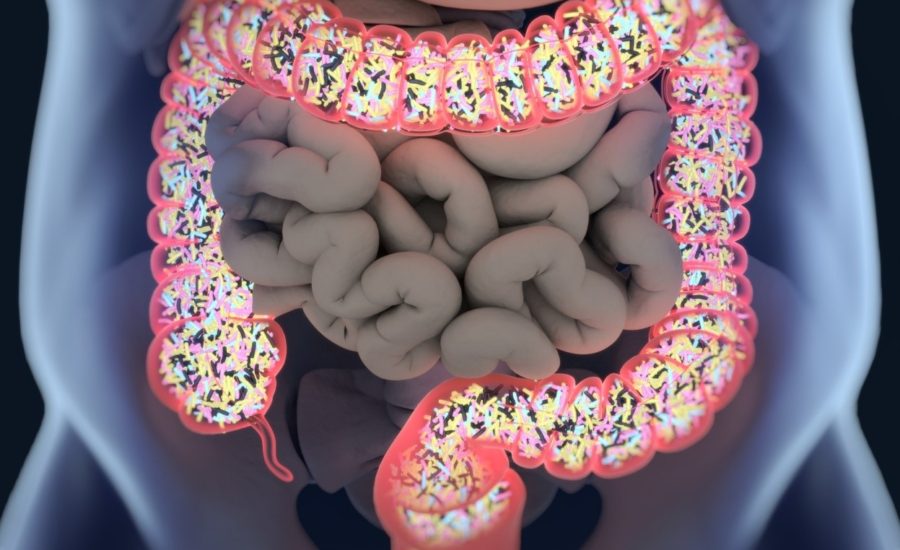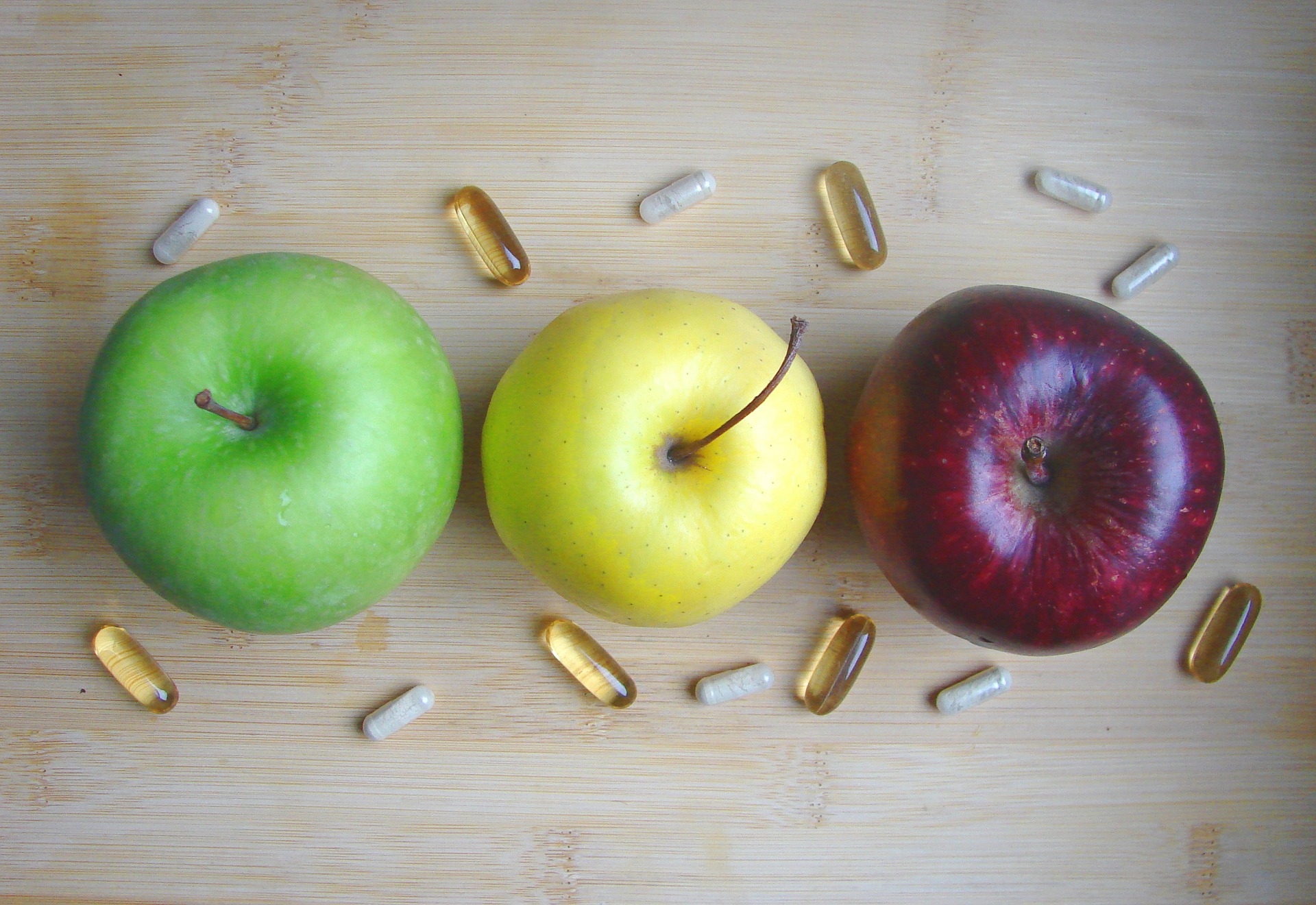Prevent
Which Probiotics Work Best for Cancer Prevention?

Trusting your gut with the right bacteria could be the key to lowering your risk for certain cancers.
Your gut flora, or the helpful bacteria in your digestive tract, play an important role in keeping your body healthy. The ecosystem of bacteria, or microbiome, living in your body helps break down food and support your immune system.
According to a recent University of California in Los Angeles (UCLA) study, your gut flora may also have important anti-inflammatory abilities that can prevent cancer.
Probiotics are living bacteria you can take to help keep your gut flora happy. Here are some ways that probiotics support your body’s beneficial bacteria and tips for keeping your gut healthy.

Gut Flora: The Good, the Bad, and the Ugly
Your gut flora is made up of hundreds of species of bacteria that can be helpful or harmful to your body. Everyone has a unique combination of gut bacteria determined by age, diet, environment, genetics, and medications.
Certain bacteria are linked to health hazards like diabetes, heart disease, and chronic digestive disorders like Crohn’s disease and ulcerative colitis. Recent studies have also found that a combination of two particular bacteria in the gut can lead to colon cancer.
On the good side of the spectrum, these bacteria help you absorb nutrients from food, protect against infections, and create vitamins and short-chain fatty acids (SCFAs) that are beneficial for health.
But one of your gut flora’s most important functions may be its role in reducing inflammation.
Inflammation caused by diet can lead to cancer
Much like gut flora, inflammation can be both harmful and helpful to your body.
Inflammation is part of your immune system’s response to fighting off infections or repairing injuries. But the body can also experience unneeded, long-lasting inflammation that attacks its own cells. This chronic inflammation can damage DNA and may eventually lead to cancer.
A study published in JAMA Oncology followed the diets of 121,000 participants for 26 years to see whether foods that cause inflammation increase colorectal cancer risk. Pro-inflammatory foods include:
- Red and processed meats
- Sugar
- Refined grains
The researchers found that these foods increased colorectal cancer risk by 44% for men and 22% for women, compared to participants who ate more vegetables, fruits, and whole grains.
The previously mentioned UCLA study also found that certain gut bacteria can help stop inflammation.
The researchers specifically looked at the benefits of a bacterium called Lactobacillus johnsonii 456. Lactobacillus is the most common strain of probiotics and can be found in fermented foods like yogurt, kombucha, and sauerkraut.
When supported by probiotics, these bacteria significantly reduced inflammation and slowed the growth of certain cancer in mice, including lymphoma. Probiotic bacteria have the ability to influence the production of anti-inflammatory cytokines. Cytokines are proteins that play a vital role in regulating immune responses- in this case, cytokines play an important role in the prevention of carcinogenesis. They’re also capable of activating phagocytes, a type of white blood cell capable of engulfing early stage-cancer cells. A study conducted in 2019 revealed that when weakened probiotic bacteria were coupled with radiation therapy in mice with tumors, they had a positive influence on the immunological recognition of cancer cells, increasing the likelihood of cancer eradication. The same study revealed that without the presence of these bacteria, immunity against these carcinogens was decreased.
With more research connecting good bacteria with cancer prevention, consider using probiotics to protect your gut flora.

Probiotics and where to find them
Probiotics can be found naturally in some of the foods in your diet or taken as a supplement.
Fermented foods
The best natural sources of probiotics are fermented foods. Fermentation is a process where bacteria or yeast break down sugar and create byproducts like alcohol, vitamins, and SCFAs.
Common fermented foods you can find in a grocery store include:
- Yogurt
- Kefir
- Sauerkraut (unpasteurized)
- Pickles
- Cheese
- Tempeh
- Miso
- Kimchi
However, it’s important to make sure these food products are labelled as having “live cultures” in order to experience the probiotic benefits. Additionally, not all products made through fermentation, like beer and wine, contain probiotics.
Supplements
Probiotics can be taken as supplements in the form of powder, capsules, or tablets. These products can contain different bacteria species that each have their own health benefits.
However, you should consult your doctor or dietitian before adding probiotic supplements to your routine. These products do not require FDA approval, so they may not be labelled with the correct quantities and bacteria strains.
The safest way to improve your gut health is to practice a healthy diet as well as a few other healthy lifestyle habits.
Lifestyle practices for a healthy gut
In addition to fermented foods, a well-rounded healthy diet and lifestyle is the best way to keep your gut flora happy.
Eat healthy and go green when possible
Following a diverse, plant-based diet can help avoid the inflammation risks caused by red and processed meat.
Fruits, vegetables, and legumes provide fiber and nondigestible carbohydrates that work as prebiotics. These provide fuel for your gut’s probiotics.
Some good sources of prebiotics include:
- Whole grains (barley, oats)
- Beans and lentils
- Apples
- Bananas
- Berries
- Garlic
- Onions
- Leeks
- Chicory root
- Dandelion greens
Limit pro-inflammatory foods like red meat, artificial sugar, and refined grains (pastries, candy, and sugar-sweetened breakfast cereals). These foods also encourage the growth of harmful bacteria in your digestive tract.
Limit the use of antibiotics
Only use antibiotics when specifically prescribed by your doctor. Antibiotics destroy your body’s healthy bacteria as well as the harmful ones they are intended to fight. Consult your doctor about taking probiotics during and after antibiotic treatments to help restore your gut flora.
Exercise regularly
A study published in Medicine & Science in Sports & Exercise found exercise can improve gut flora.
Participants underwent a fitness program involving 30–60 minutes of endurance exercise 3 days per week for 6 weeks. They were then asked to go back to a sedentary lifestyle for another 6 weeks.
The results showed that exercise increased their levels of helpful SCFA-producing gut microbes during the 6 weeks they were active, but decreased once they stopped.
Given the other proven benefits of exercise for your health, a healthy gut is another reason to get in regular physical activity.
-Alexander Kirichenko MD, PhD






